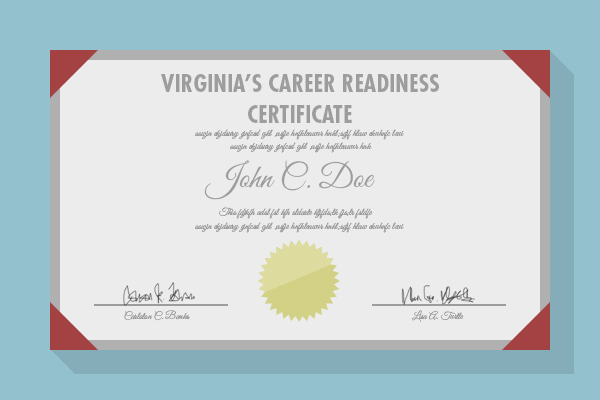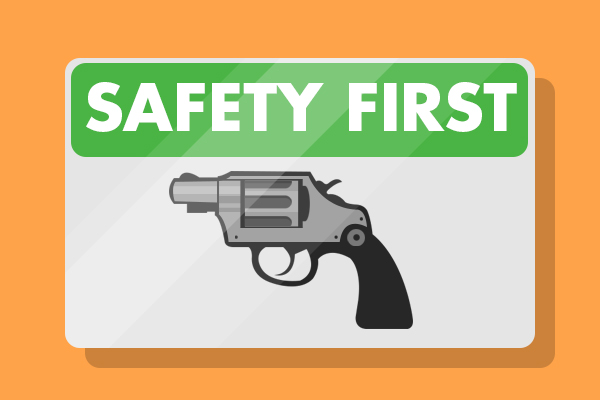
The course teaches pharmacy technician students information, techniques and procedures needed to assist the pharmacist in delivery of pharmaceutical products and services. The main objective is to provide the students with a working knowledge of most aspects of pharmacy in community and institutional practice settings.
Progressive learning takes place as new information and skill sets are studied throughout the course. Upon successful completion, graduates will be eligible to apply for registration as a Pharmacy Technician in Virginia and be prepared to take the national Pharmacy Technician Certification Board (PTCB) exam.

Medical assistants are a vital part of clinical patient care. Because medical assistants are trained to perform so many different tasks, they are in demand in the workforce. Whether you want to work in a doctor’s office or a large hospital system, becoming a certified medical assistant shows you are knowledgeable and ready to be a valued member of a healthcare team. Medical assistants assist the physician during exams, interview and educate patients, measure and record vital signs and administer injections. Upon successful completion of the training, you will be eligible to sit for the National Healthcare Association certification exam.

Certified Nursing Assistants (CNA) provide intimate, hands-on healthcare to patients in medical settings, helping with bathing, dressing and the basic activities of life. A day in the life of a CNA might also include: taking patients' temperature, blood pressure and other vital signs. CNAs help patients or clients with healthcare needs under the supervision of a Registered Nurse (RN) or a Licensed Practical Nurse (LPN).

Offered in partnership with the Manufacturing Technology Center, NRCC offers a 12-week course for Lean Six Sigma Green Belt. The course presents the ASQ Lean Six Sigma body of knowledge in a simulation workshop application-oriented manner using project simulation that takes the participants through the D-M-A-I-C process improvement methodology. Participants interested in Six Sigma Green Belt certification are required to have three years industry experience.

New River Community College, in partnership with the Manufacturing Technology Center, is offering a 6-week course. The Six Sigma Yellow Belt certification is aimed at those new to the world of Six Sigma who have a role, interest or need to develop foundational knowledge. Yellow belts can be entry-level employees who seek to improve their knowledge base or executive champions who require an overview of Six Sigma and the define, measure, analyze, improve and control model (DMAIC). The Train-and-Do process utilizes classroom activities, combining lecture and simulation exercises.

The Manufacturing Technician (MT) training program is a highly specialized course based on the techniques and interrelationships found in high performance manufacturing and production. Instruction focuses on the critical actions, knowledge, systems, and processes necessary to participate in an advanced manufacturing enterprise. Training focuses on math and measurement; quality and continuous improvement practices; and, advanced manufacturing processes and production. NRCC is a Manufacturing Skills Institute (MSI) Certified Assessment Center.
The Manufacturing Technician Level 1 (MT1) Certification is awarded to individuals upon a successful pass rate of 75% on all three of the MT1 certificate modules: Math and Measurement; Spatial Reasoning and Manufacturing Technology; and, Quality and Business Acumen. The Manufacturing Specialist (MS) training program focuses on math and measurement, and spatial reasoning and manufacturing technology.

A certification that shows employers that you have the skills required by at least 85% of all jobs in the country (as profiled by ACT WorkKeys®) - that's Virginia's Career Readiness Certificate. The certificate uses the WorkKeys® comprehensive skills tests to assess potential employees' skills in core areas such as reading, applied math and locating information.
Once earned, the Career Readiness Certificate serves as a portable skills credential that allows employers to verify job seekers' skills quickly and easily and assess their potential for placement, retention and advancement.

OSHA 10 and OSHA 30 courses are offered by NRCC. OSHA General Industry 10-Hour provides training for workers and employers on the recognition, avoidance, abatement, and prevention of safety and health hazards in workplaces in general industry. The program also provides information regarding workers' rights, employer responsibilities, and how to file a complaint.

Attention journeymen, master plumbers, electricians, HVAC mechanics and gas fitters - you know you need continuing education in your profession as part of the licensing process, but did you know you can fulfill that requirement at NRCC?
NRCC offers Virginia Department of Professional and Occupational Regulation and Board of Contractors approved renewal courses in the traditional classroom format and online.

For those looking to enter the profession of contracting, NRCC can help you take that first step. The college offers the Virginia Department of Professional and Occupational Regulation and Board of Contractors approved Building Contractor Training course.
While this course does not cover all of the content areas on the contractor's exam, all first-time applicants for a Class C, B, or A license as well as those changing a business type must take this class.

On-the-job training. It sounds like a great option, but how do you get started? Apprenticeship Related Instruction (ARI) is one such approach.

As everyone knows, automobiles are big business in the United States. If you've considered establishing your own motor vehicle dealership, NRCC can help you get started. NRCC offers the Virginia Independent Automobile Dealer Association's (VIADA) Independent Motor Vehicle Dealer Operators course.
This required, two-day course takes the student through steps to establishing a dealership under local zoning and Dealer Board requirements, the sales process, laws and regulations, operating expenses, and more! Students must pass the end-of-course test with a grade of 80% before they can move on to the final Department of Motor Vehicles exam.

NRCC offers a wide range of Green/Renewable Energy credentials!
More and more "green jobs" are opening up today. You can be on the front lines with green credentials in areas such as storm water inspection, indoor air quality management, green designing and energy auditing.
With the easy-to-access online course option, you can train for a "green" career whenever and wherever is most convenient for you.

Hitting the road on that brand new motorcycle starts with obtaining a motorcycle license. NRCC offers the Basic Rider Course that prepares the rider for state licensing with an exemption of all DMV tests and may even count toward discounts with some motor vehicle insurance companies.
Riders receive classroom instruction and on-motorcycle instruction under controlled range conditions. The BRC program provides motorcycles, helmets and textbooks for each rider.
More keen about three wheels than two? Check out NRCC's Sidecar/Trike Rider course. This course is designed to teach riders the skills necessary to operate a three-wheeled vehicle safely on the street.
Riders are encouraged to bring their own sidecar or trike for use in the course, but some units are available for participants to use if they do not currently own one.

If you're applying for a handgun permit through the courts, NRCC's Concealed Carry, Handgun Safety course is a great resource.
Students learn the nomenclature of revolvers and/or semi-automatic handguns and understand safety issues related to handgun ownership. The lecture portion of the course takes six hours and is required. Optional range time is also included.

The CPR, AED, First Aid course is designed to give workplace participants the knowledge, skills, and abilities to administer care in the event of an emergency until professional medical services arrive.
This course can be customized to cover CPR and First Aid topics used to meet OSHA requirements.